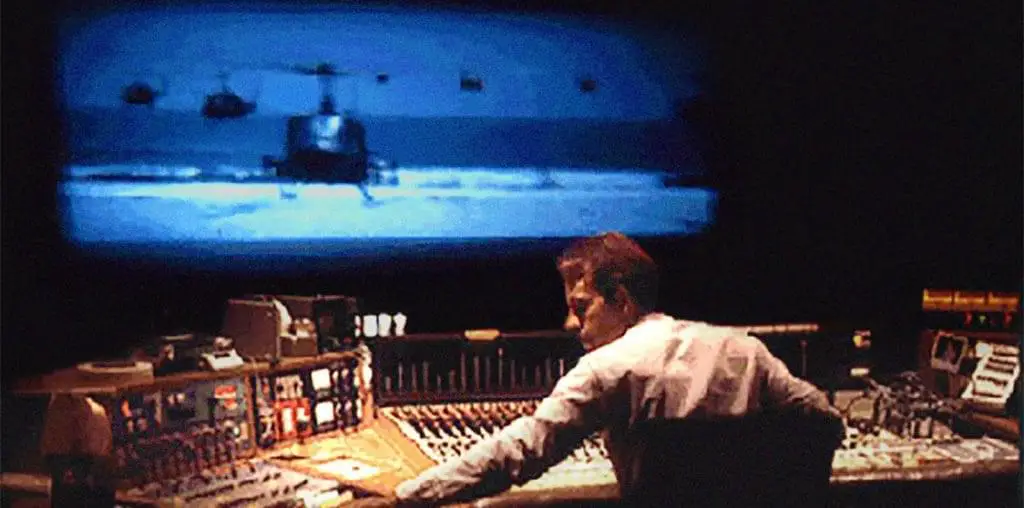
June Squibb is a national treasure.
That may have taken the American public a longer time to realize than it should have, but the now 88-year old actress’s breakthrough role in Alexander Payne’s Nebraska – and the Best Supporting Actress nomination it netted her – made her one of the least likely and most deserving late-in-the-game success stories in recent Hollywood history.
It’s easy to think of Squibb’s screen presence as “grandmotherly,” but that only scratches the surface of what makes it so wonderful. There’s something lovely about the way she portrays old age; where elderly actors tend to overplay their advanced years for comedic or dramatic effect, the lived-in wisdom and “Greatest Generation” hardiness she displays is subtler, more down-to-earth. Even when sharing the screen with, say, Triumph the Insult Comic Dog, she’s graceful and endearing in a way that manages to project humaneness and dignity while largely steering clear of “sweet old lady” caricature.
Squibb isn’t the only reason that writer/director Romina Schwedler’s short The Visit is worth a look, but she both anchors the film and grounds it. Her performance is a major factor that keeps things from edging too far into melodramatic excess, and the film is that much better for it.

“…can a family come to terms with its tragic memories when they’re unable to trust memory itself?”
To keep the plot description concise is only fair, not only because Schwedler’s film runs a tight 12 or so minutes but also because it turns on some ingenious ideas that viewers are best left to discover for themselves. So, the short version: the film opens in the visiting room of a hospital ward, where thirtysomething Ben (Sean Maher, of Firefly/Serenity fame) is summoned by his elderly mother (Squibb) on a weekday that’s out of the ordinary for their regular get-togethers. Ben’s mom, while bright-eyed and fairly healthy physically, seems to be suffering from some degree of dementia; he’s patient and good-natured in his support, but their conversation becomes increasingly uncomfortable for him as she continues to insist that she’s been speaking to his wife and son, whom he’s unable to convince her died several years before. The film thus establishes a difficult and painful central question: how can a family come to terms with its tragic memories when they’re unable to trust memory itself?
That’s heavy stuff, for sure, and The Visit – while good-looking and well-paced – isn’t always quite so elegant in its handling of the material. A series of flashback sequences is particularly unsubtle, shorthanding dramatic beats in some cliched and overly heightened ways that detract from, rather than heighten, belief in and empathy for the characters. The film is able to recover in a big way, however, initially by foregrounding Squibb once again (she’s terrific, mostly without dialogue, in the film’s closing scenes) and finally by delivering a genuinely surprising, sad, and powerful ending that, it turns out, it’s been deftly setting up all along. Schwedler deserves credit both as screenwriter and as director for pulling off this resolution so effectively – it’s a very good idea, very well articulated on-screen – and while it makes one wish that the rest of The Visit could be on the same level, it also makes worthwhile the prospect of a second viewing, rough spots and all.
And, again, there’s June Squibb to consider – she’ll retire from acting some day, sadly probably sooner rather than later, and every performance of hers is one worth appreciating. The Visit turns out to be more than just a worthy showcase for her talents, but it’s certainly that, as well.

The Visit (2017). Written and directed by Romina Schwedler. Starring Sean Maher, June Squibb, Saide Katz, and Dominick Coniglio. The Visit is playing as part of the 2018 Mammoth Film Festival.
3 ½ stars out of 5


